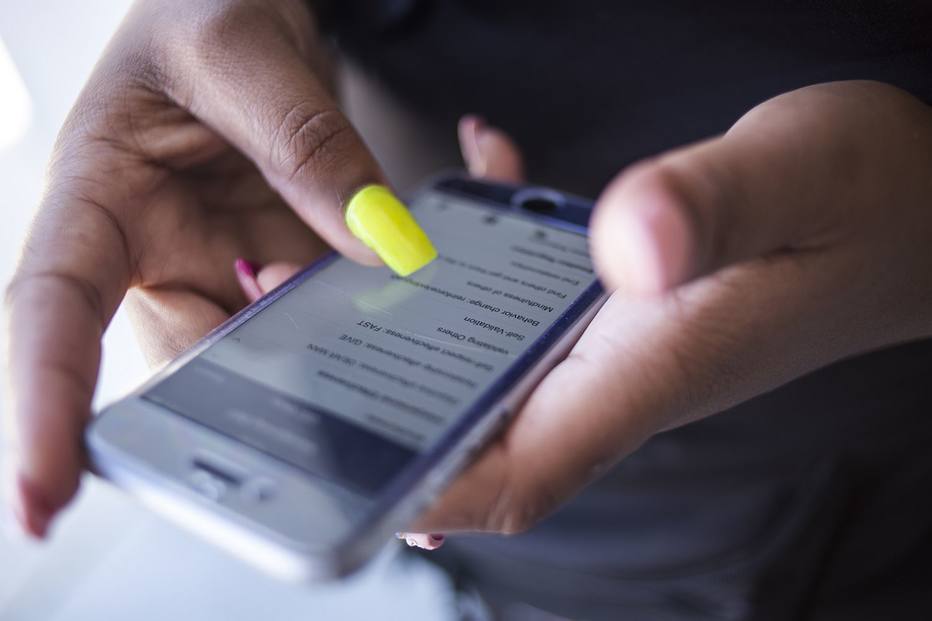DIGITAL LIFE
 Application promises to improve health of people with anxiety and depression
Application promises to improve health of people with anxiety and depressionAt the end of last year, several dozen people who were dealing with suicidal thoughts and intense emotions opened the doors of their lives to a Silicon Valley company called Mindstrong. The venture promised something no remedy or conventional therapy can offer: an early warning system that warns the user when an emotional crisis seems imminent - a personal and digital "fire alarm."
In the latest 12 months, California mental health officials have teamed with Mindstrong and another company, 7 Cups, to test smartphone apps for people receiving care through the state's public mental health system. Users of the application, most of whom were diagnosed with borderline personality disorder, were among the first to participate in the trials. They allowed Mindstrong to digitally install an alternate keyboard on their smartphones, monitoring the evolution of their onscreen activity. "People with borderline personality disorder have a hard time identifying when stress gets too high," said Lynn McFarr, director of the cognitive and dialectic-behavioral therapy clinic at the University of California, Los Angeles Harbor Medical Center. If we can show them, using this biological feedback language, that the signals went beyond the scale yesterday, after a confrontation with a coworker, for example, these people could understand such emotional dynamics and prepare to disarm the crisis with the skills they have learned. "
For most people, the daily use of the cell phone is usually relatively stable. From the data collected over a week, Mindstrong's algorithms are able to identify a person's normal activity through a series of indicators, including how often they use their cell phone and how quickly they type. If several measures begin to deviate from the average, Mindstrong sends a message to the user. "We interpret this as a fire alarm," said Thomas R. Insel, a psychiatrist and neuroscientist who is one of Mindstrong's co-founders. "We want this alarm to be triggered when there is a fire, not when there is only smoke" .
The application also includes a daily function: a digital card that users fill in every day, noting events, stress at work, their mood and the quality of their sleep, among other things. "I like the daily card," said Skyy Brewer, a 30-year-old barber who has been using the function since December to manage the symptoms of anxiety and depression. "In therapy, we can go over the cards of the week and separate the good days from the bad ones, and try to understand what affected our mood at that moment. "
The other company, 7 Cups, is a digital mental health network: struggling clients can talk via text message to a trained "listener" who assesses the severity of the problem and can put the person in contact with a therapist from 7 Cups if necessary. The company has 340,000 listeners enrolled in 189 countries, offers support in 140 languages and reaches 40 million people.
For now, applications have encountered some challenges. Of the few dozen people in California who had installed the Mindstrong keyboards, about half stopped using the function. Some users have decided that the journal feature is interesting, but little beyond it. Authorities are also concerned about the dangers that such applications pose to users' privacy. "If we are excited about the potential of the data, we should be equally concerned about the risks, which seem to be evolving much faster than the scientific benefits," said John Torous, director of the Beth Israel Deaconess Medical Center digital psychiatry division. Boston. "Companies can make sure they will not share user data, but if they are sold, data will go together."

No comments:
Post a Comment